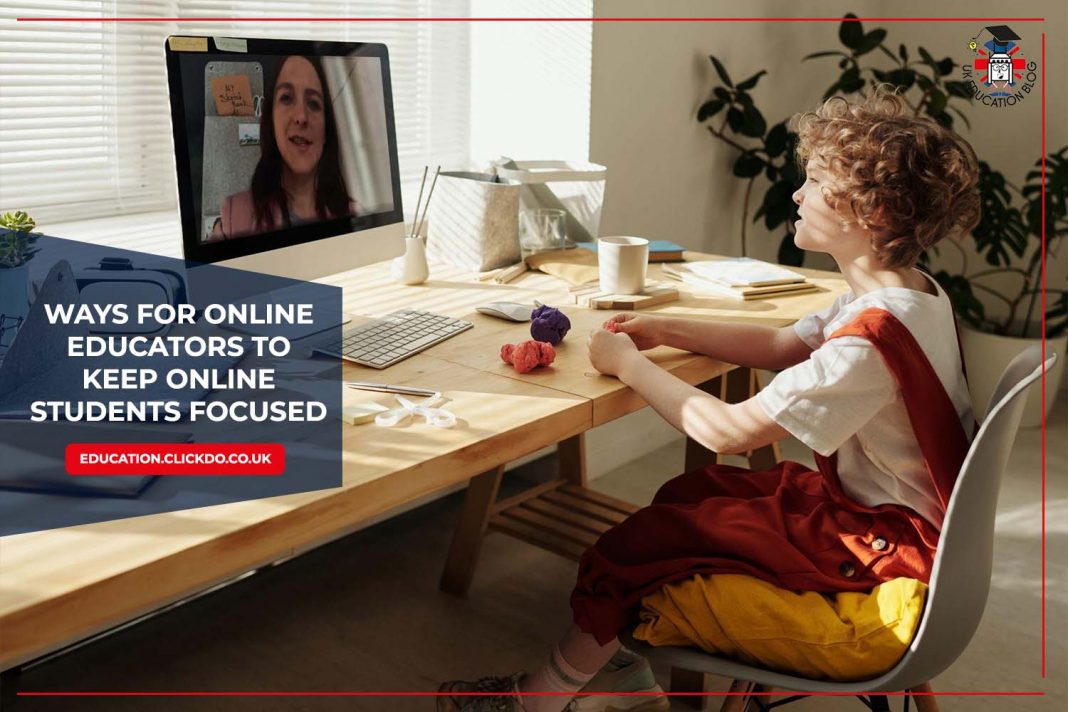If you’re an educator who teaches online, one of the biggest issues you must deal with is a lack of focus from your students.
Because you’re not all in one room together, it can be hard to hold their attention. Not only that but there are always going to be more distractions at home than there would be in a traditional classroom.
Although it might sometimes feel like an uphill battle, there are some good measures you can put in place that will help your class concentrate better when you’re all working online.
1. Schedule In Plenty Of Breaks
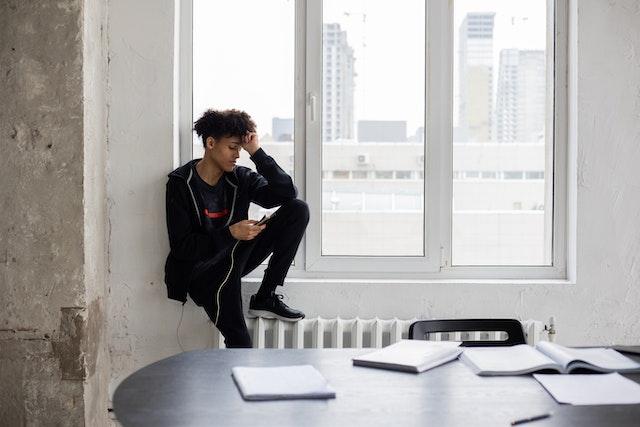 One of the reasons why adults and children – it doesn’t matter who you are teaching – will become distracted is tiredness. If they just keep working for hours on end, they’ll become exhausted, they’ll lose focus, and they won’t retain as much information.
One of the reasons why adults and children – it doesn’t matter who you are teaching – will become distracted is tiredness. If they just keep working for hours on end, they’ll become exhausted, they’ll lose focus, and they won’t retain as much information.
Because of this, when you’re planning your lessons, you need to make sure you schedule plenty of breaks. If you include a five-minute break every half an hour, your students will stay much more focused, and they’ll get a lot more out of the lesson. You’ll feel as though you’re making more headway as well.
These breaks should ideally be spent away from the screen, and in a perfect world they’ll go outside, but any kind of break is a good start.
2. Be Consistent
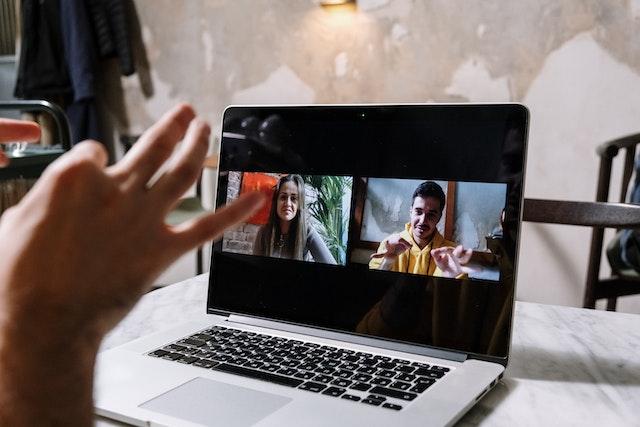 If you are tasked with teaching a class online, you need to be consistent. You need to get there on time so you’re ready to teach, you need to have a good lesson play, ideally with a starter to get people’s minds working, and you’ll need to work to a set routine.
If you are tasked with teaching a class online, you need to be consistent. You need to get there on time so you’re ready to teach, you need to have a good lesson play, ideally with a starter to get people’s minds working, and you’ll need to work to a set routine.
Starting late, having a bad Wi-Fi connection, changing the routine randomly, and so on will be distracting, and it will mean that the students can’t concentrate. This might even be a subconscious feeling, but the result will be the same. Do whatever you can to stick to be as consistent as possible.
Even if you move offices, you’ll need to work out a way to stay on task, such as using IT relocation services so your students don’t have to be disrupted.
3. Remind Students To Eat And Drink
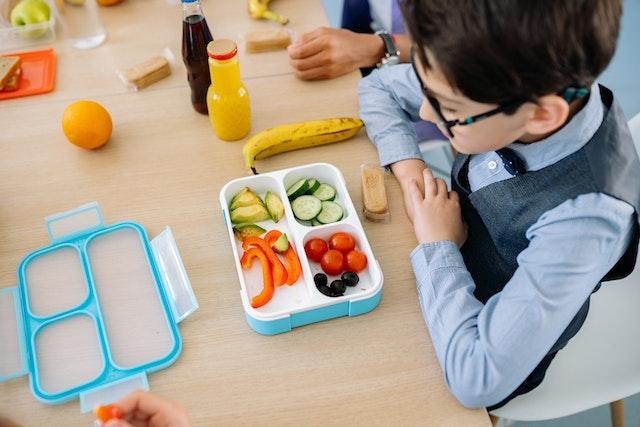 This might sound strange, but reminding your students to eat healthy, energy-giving snacks and drink plenty of water throughout the day can make a big difference. It’s easy to forget to do these things or put them off until later when you’re busy with school or college work.
This might sound strange, but reminding your students to eat healthy, energy-giving snacks and drink plenty of water throughout the day can make a big difference. It’s easy to forget to do these things or put them off until later when you’re busy with school or college work.
However, if you don’t properly nourish your body, you’ll become fatigued, unfocused, and irritable. Dehydration will cause headaches, and hunger will cause stomach aches. None of this is conducive to good work and good concentration.
You can remind your students to eat and drink when you send them for a break, for example. Or you can have a flask of water on your desk – when they see you sipping from it, it will remind them to do the same. No matter what you do, properly refreshed and hydrated students will be able to focus on what you’re teaching them much better than those who are hungry and thirsty, so encourage a safe and healthy learning environment even remotely.
4. Speak To Them About Devices
 Your students wouldn’t have their phones or tablets with them in a traditional classroom (or at the very least, they wouldn’t be constantly looking at them – or looking at them at all), so you could make it a rule that they shouldn’t look at their devices while they are in class with you. Although they might think they can quickly check Instagram or TikTok, if they are in class, they’re meant to be listening to what you’re saying or carrying out work you’ve asked them to do.
Your students wouldn’t have their phones or tablets with them in a traditional classroom (or at the very least, they wouldn’t be constantly looking at them – or looking at them at all), so you could make it a rule that they shouldn’t look at their devices while they are in class with you. Although they might think they can quickly check Instagram or TikTok, if they are in class, they’re meant to be listening to what you’re saying or carrying out work you’ve asked them to do.
Another issue that isn’t present in the classroom is the device they’re using to see and hear their lesson. Whether it’s a laptop, tablet, or phone, they need it to engage in their lessons, but it could mean it’s tempting to look at social media, for example.
At some point, you need to trust that this won’t happen, but keep reiterating the rule every day to ensure everyone understands that it’s in place because of their best interests.
5. Have One To Ones
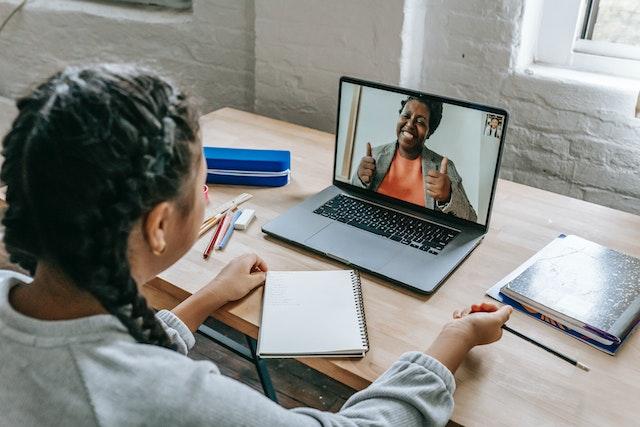 It can be hard to teach online because of a more distant kind of interaction with your students. Because of this, you might not notice if someone is distracted or seemingly worried about something.
It can be hard to teach online because of a more distant kind of interaction with your students. Because of this, you might not notice if someone is distracted or seemingly worried about something.
This is why it’s crucial to schedule one-to-ones with your students. When you do this, you can ask them about anything that might be worrying them and find out what it is that is causing them to be distracted.
Once you know, you can help them focus more and ensure you take their concerns into account. This will help keep them engaged throughout the mobile learning time and they will also build a stronger relationship with you.
Author Profile

- Editor in Chief
- Blogger and Educator by Passion | Senior Online Media & PR Strategist at ClickDo Ltd. | Contributor to many Education, Business & Lifestyle Blogs in the United Kingdom & Germany | Summer Course Student at the London School of Journalism and Course Instructor at the SeekaHost University.
Latest entries
 schoolingJanuary 23, 20265 Essential Skills for Managing Teaching Teams in Schools
schoolingJanuary 23, 20265 Essential Skills for Managing Teaching Teams in Schools Directory PostsOctober 29, 20257 Not-To-Miss UK Education Conferences in 2026
Directory PostsOctober 29, 20257 Not-To-Miss UK Education Conferences in 2026 Directory PostsOctober 16, 2025The 12 Best Online Tutoring Platforms in the UK
Directory PostsOctober 16, 2025The 12 Best Online Tutoring Platforms in the UK Directory PostsOctober 6, 2025Top 12 London Private Schools – Best Independent Schools Nearby
Directory PostsOctober 6, 2025Top 12 London Private Schools – Best Independent Schools Nearby


